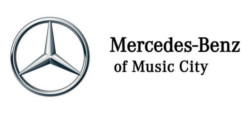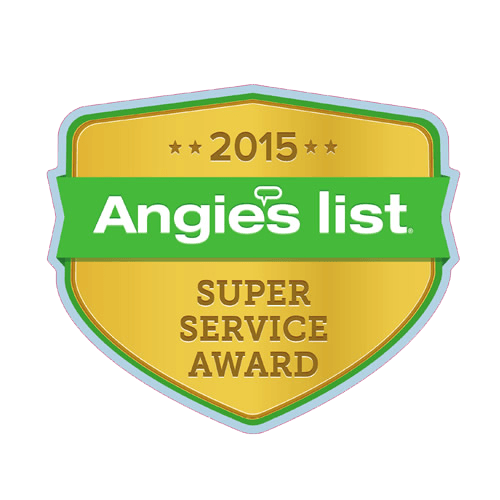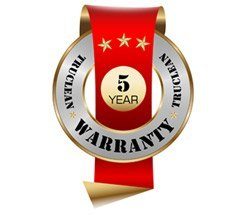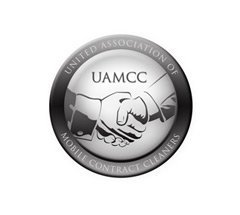How To Clean A Driveway Like a Pro! Tips and Hacks
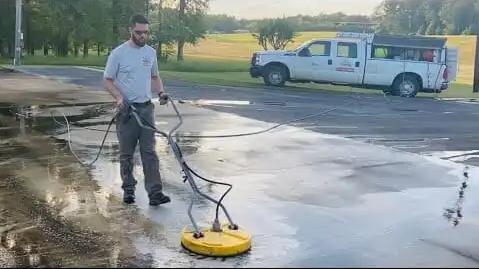
Having a clean driveway can make a huge difference to your home, not only is it more inviting for visitors, it gives your entire property a more polished look.
But let's face it sometimes driveways are no small job to get clean! It takes time, effort, and some know-how to tackle this task like a pro!
In our helpful blog post our driveway cleaning experts at South East Softwash will cover everything you need to know!
So let's get started and learn how best to restore that beautiful appeal of having wonderfully clean concrete or asphalt!
First, let’s get the mini takeaway before we dive into the details.
It's important to know local runoff laws before cleaning a driveway. Take your time and move at a steady pace when pressure washing to prevent damage. Pre-treating with sodium hypochlorite mixture and surfactant gives a professional finish.
So with the short answer covered, let’s now find out how to prep like a boss and make sure you set yourself up to do the best job.
Runoff laws
Before you start cleaning your driveway, it's crucial to know about your local runoff laws.
The Clean Water Act covers the whole of the US, which means it's illegal for any chemicals to escape your property and enter public water systems.
To avoid this, you can check out some reclaimed systems which collect and store the runoff for you.
Then, you're free to dump it somewhere safe, as long as it stays on your property. Just make sure you're keeping it legal!
Staying protected
When cleaning your driveway with chemicals, make sure you wear protective gear, like a respirator. This is especially important on hot days when the chemicals can evaporate quickly. Breathing in these fumes can be harmful to your health.
We suggest using a 3m respirator and regularly changing out the organic vapor filter cartridges.
This is essential for both roof cleaning and driveway pre-treatments as the fumes rise and can easily be inhaled. Stay safe and protect your lungs!
Also don't forget about waterproof footwear!
It's important to have good shoes or boots that can keep your feet dry. You don't want to end up with soaked feet or chemicals splashing onto your sneakers. Trust me, it's not a good feeling.
So, make sure to invest in some high-quality waterproof footwear!
Pre-treating
If you want to get the best results when cleaning concrete, pre-treating it is absolutely essential.
This will not only make the job quicker but also ensure a uniform finish that looks great.
We recommend using a sodium hypochlorite mixture with a 3-4% concentration and a bit of surfactant to help things along.
Be careful not to add too much surfactant though, or you'll end up with a sudsy mess that makes it hard to see where you're going with the surface cleaner.
Like mowing a lawn, it's important to be able to see where you've been to avoid overlapping the tips and potentially damaging the concrete.
Take extra care when working with very old or very new concrete as it can be brittle or soft, respectively.
When pre-treating your driveway, begin with the low spots to prevent a large puddle that's tricky to handle.
How to pre-treat your driveway like a pro!
To make a bleach solution for your driveway, our go-to is a mix of sodium hypochlorite (aka bleach) at a 2-4% ratio.
For household bleach (6%), mix equal parts bleach and water and apply with a garden sprayer.
If you've got access to industrial-grade bleach (12.5%), mix one part bleach and three parts water in a garden sprayer and you're good to go.
For any professionals in the soft wash then we recommend our Batch Buster Blend manifold which takes the guesswork out of bleach ratios!
Check the dial to discover easily visible dials which have a readout from 0%-6%, to ensure the perfect bleach mix.
This diluted solution will make it safe to use on your driveway without causing any damage.
When applying the solution to your driveway, use a stiff-bristled brush to scrub away any tough stains.
Rinse the driveway thoroughly with a hose or a pressure washer afterward to remove any remaining bleach solution.
Ok so now we’ve got the prep sorted and made sure we are compliant when using chemicals, let's find out a bit more about pressure washers.
Pressure washers
Depending on what material your driveway is made from and how much dirt buildup there is, you may want to look for either an electric or gas-powered model.
Electric pressure washers are ideal for smaller areas, such as decks and patios, while a gas-powered version has more power behind it for larger jobs like driveways.
If you’re not sure which one to go with, ask an expert at your local hardware store.
If you're looking to get into driveway cleaning as a profession, a four-gallon pressure washer is a solid choice.
Of course, there are larger and smaller options available, but it all comes down to your budget and what you need.
Investing in a four-gallon machine will pay off in the long run and get you started on the right foot.
Once you have the right chemicals in hand and a suitable pressure washer ready to go - it's time to start cleaning!
To ensure optimal results, be sure to read and follow the instructions provided with your cleaning products for the best results.
And when using a pressure washer, keep the nozzle at least 6 inches away from the surface of the driveway to prevent damage.
Get started!
Now that you've done the pre-treatment it's time to get started for real!
Always take your time and move at a steady pace over the driveway.
This will prevent any unwanted marks or damage.
Don't forget to rinse the driveway as you go to prevent dirt from getting trapped in the concrete's pores.
Pitfalls and what to look out for.
So as experienced softwash professionals, we have encountered all kinds of driveway cleaning hiccups and what to look out for!
Driveway materials
Sometimes exposed aggregate becomes visible after general driveway wear and tear.
This damage can be prevented if the cream layer, also known as the latency layer, is poured correctly with high tensile strength when creating your driveway.
So until it’s cleaned up, the extent of any damage may not be visible due to the dirt buildup.
This is more important if you are professional and may be faced with customers wondering if you’ve caused damage!
For professionals and homeowners alike, the smart choice is to make sure you’ve pre-treated as we recommended above.
Draining water
Another issue to be aware of is the potential for water damage.
If your driveway is not properly graded or does not have proper drainage, standing water can cause erosion and ultimately damage the foundation of your home.
Something else to keep a look out for is water damage from areas such as gutters and downspouts.
It could be there’s a worn-out spot where water may have been draining onto the concrete.
This kind of issue is important to look out for, especially if you are cleaning driveways as a professional.
If so, make sure you warn the customer about the situation.
Lawn overspray
Cleaning your driveway can be a tricky task, especially if you're worried about damaging the surrounding grass.
While it's almost impossible to avoid getting any overspray on your lawn, it's essential to wash it down thoroughly.
The last thing you want to happen is to damage your beautiful lawn or yellow up the edges. So, make sure to flood all that stuff down with water, ensuring you're not harming your lawn.
Another issue to be aware of is the potential for water damage.
If your driveway is not properly graded or does not have proper drainage, standing water can cause erosion and ultimately damage the foundation of your home.
Finally, keep an eye out for weeds and grass growing in the cracks of your driveway.
While an easy fix, ignoring this problem can lead to bigger issues over time.
So stay vigilant, take the time to do a thorough cleaning, and keep these problems in mind will ensure that your driveway stays in tip-top shape for years to come!
Post-treating
Post-treating is not always necessary, but it can help to give a better finish.
This process is pretty similar to pretreating as we discussed earlier.
Once we're done with everything, our professionals will spray an SH mixture (industrial-grade bleach mix) and let it sit.
This smooths out any lines and gives the perfect finish, which is especially important if you're a professional catering to customers or if you just want the best finish possible!
How To Clean A Driveway - To End
With these tips in mind, you're now all set to make your driveway look like new again!
Taking a bit of extra time upfront helps you get it right - and ensures you'll be satisfied with the results and get to admire your beautiful clean driveway!
Don't forget to check out our Youtube video to check out our step-by-step guide and discover how the pros do it!







